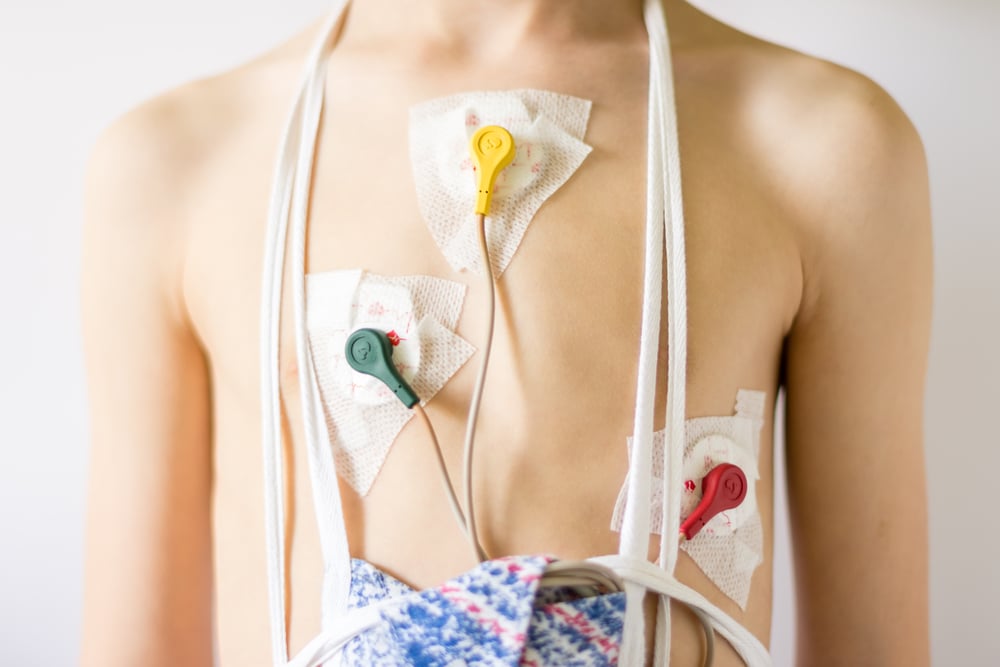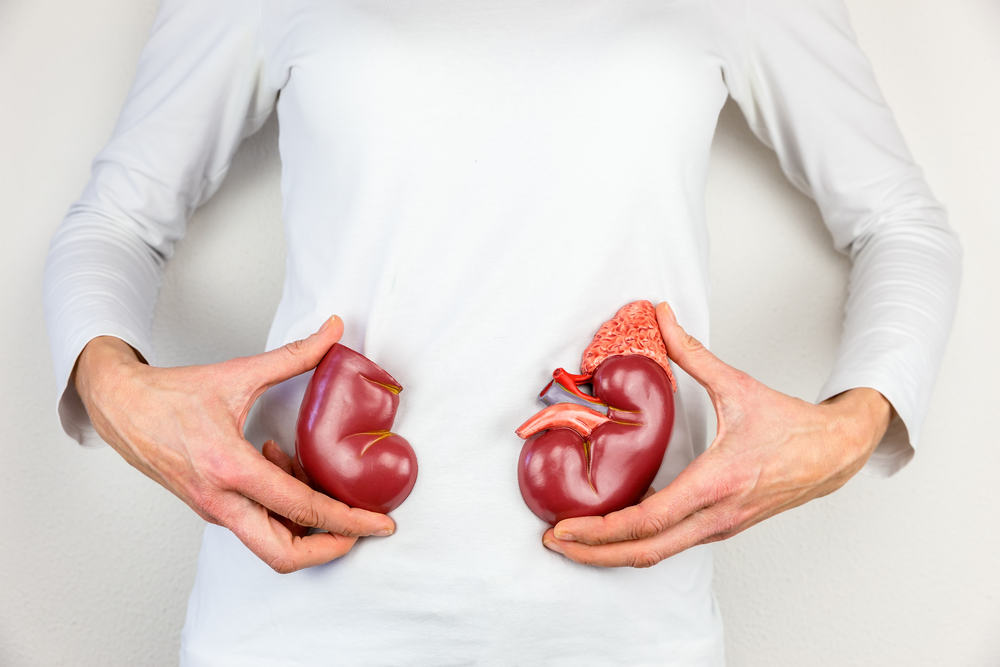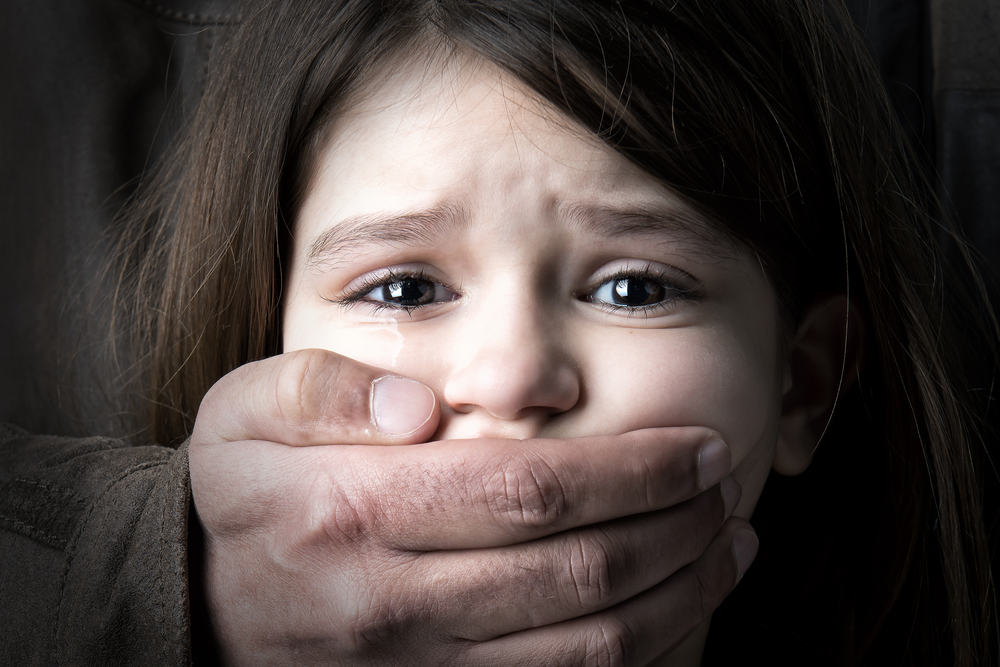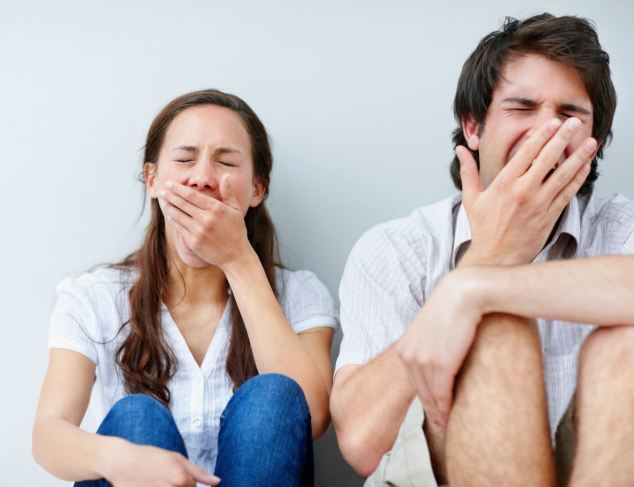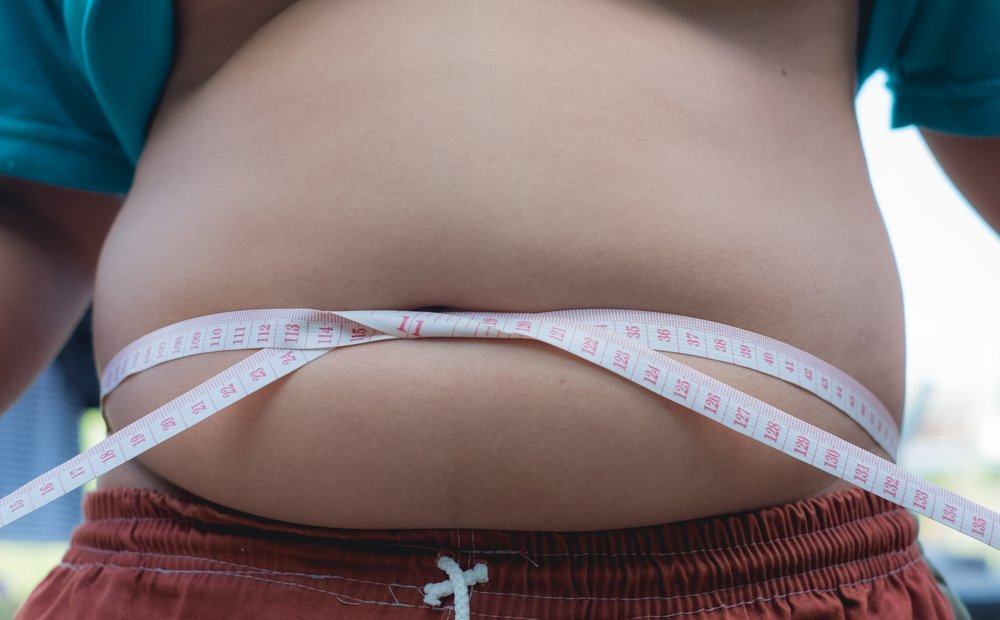Contents:
- Medical Video: Clinical Presentation of Congenital Heart Disease: Arrhythmias by Michael Freed, MD
- What causes heart arrhythmias in children?
- What are the signs and symptoms of cardiac arrhythmias in children?
- How do doctors diagnose cardiac arrhythmias in children?
Medical Video: Clinical Presentation of Congenital Heart Disease: Arrhythmias by Michael Freed, MD
Heart rate is the number of times the heart beats every minute. In older children or teenagers who are silent do nothing, their hearts beat around 70 times per minute. In newborns it beats around 140 times per minute.
But even though the heart rhythm usually beats regularly, the heart rate can change easily. Fever, crying, or exercising make the heart beat faster. During sleep it will slow down. Abnormal or irregular heart rhythm conditions are called cardiac arrhythmias. Cardiac arrhythmias may occur at all ages. Often the cardiac arrhythmia has no symptoms. In general, parents never suspect their child has arrhythmias and are surprised when diagnosed as such when the child is examined by a doctor.
What causes heart arrhythmias in children?
Some children are born with abnormalities in the heart circuit, but arrhythmias can also be caused by infections or chemical imbalances in the blood. Regular heart rhythms are maintained by small electrical circuits that flow through nerves in the heart wall. If the circuit works correctly, the heart rate is very regular; but if there is a problem with the circuit, the heart rhythm becomes irregular.
If the pediatrician says that the child has genuine heart arrhythmia, it means that his heart rate is faster than normal (tachycardia), very fast (pounding), fast and irregular (fibrillation), slower than usual (brachycardia), or has missed the initial pulse ( premature heartbeat). Premature heartbeat is another form of rhythmic disorder that does not require treatment. If it happens to a child, he might say that his heart is "excited". Usually these symptoms do not indicate the appearance of certain heart diseases.
Although genuine arrhythmias are not too common, if this condition does occur it can be dangerous. In rare cases, genuine cardiac arrhythmias can cause children to faint or even heart failure. Fortunately this condition can be treated easily, so it is important to detect arrhythmias as early as possible.
What are the signs and symptoms of cardiac arrhythmias in children?
If your child has heart arrhythmias, you may only find out during a doctor's examination when treating other diseases. However, if you notice the following warning sign outside of the pediatrician's visit, notify the doctor immediately.
- The baby is suddenly pale and lethargic; his body felt paralyzed, weak
- Children complain of "heart beating fast" when not playing or exercising
- The child tells him that he feels uncomfortable, weak, or dizzy
- The child fainted
How do doctors diagnose cardiac arrhythmias in children?
Your child may never experience a number of the symptoms above. But if yes, the doctor will do additional tests and may consult a pediatric cardiologist. In the process, the doctor may use an electrocardiogram (ECG), to be better able to distinguish arrhythmias due to normal activity from genuine arrhythmias. ECG is a cassette that records electrical impulses that make the heart beat, and will allow the doctor to more closely observe irregular heart rhythms
Sometimes an abnormal child's heartbeat may appear at unexpected times. In that case the cardiologist might advise the child to bring a small portable recorder that keeps recording his heart rate throughout the 1-2 day period. During this time you will be asked to record your child's activities and symptoms. The ECG correlation with your observations will support making a diagnosis. For example, if the child feels his heart "pounding" and becomes dizzy at 2:15 a.m. and the ECG shows his heart suddenly beating faster at the same time, a diagnosis of tachycardia may be determined.
Occasional heartbeat irregularities will only occur during exercise. If that is indeed the case with children, the cardiologist may ask the child to ride a stationary bicycle or run on the treadmill while his heart rate is recorded. When a child is old enough to participate in sports, ask the doctor if other tests or special taboos are needed.

